Proletarian Literature in America (© John Puzzo, September 2003; 2005;2008)
Jonathan Swift: 'When a true genius appears in the world, you may know him by this infallible sign: that all the dunces are in confederacy against him.'
From: proletariat: (‘proletariat’ is a European term, as is capitalism…)
Originally, ‘proletarii,’ “The lowest class of ancient Roman citizens; destitute of property, they contributed nothing to society but their ‘proles’ – offspring. Ineligible even for the Army due to their low station, they were useful only as laborers and breeders of more laborers.
Marx co-opted this ancient term to mean, the laboring class, especially: the class of industrial workers who lack their own means of production and hence must sell their labor to live.
Marxists created the new semantic - ‘dialectical materialism,’ as an endless argument to redefine human life in the materialist terms of class struggle of ‘have vs. have not.’ This semantic is meant by Marxists to be an applied concept requiring thought and action:
Divide, separate, and polarize the ‘new proletariat’ according to class, age, gender, race, etc., and apply the Marxian solution.
Proletarian Literature (PL) was at the height of its influence in the 1930’s, especially in the USA. Encouraged by the Soviet subversion of the arts, similar writing was being done in the USSR, Britain, France, Germany, Japan, Italy, India, China and elsewhere.
In full triumphant maturity in the 21st Century, PL is the cultural Marxism of the Frankfurt School (The Frankfurt School is a school of neo-Marxist critical theory, social research, and philosophy.) that carries the full force of law (hate crimes = thought crimes where the expression of language is controlled) in every aspect of Western culture, but especially in America where its influence and power, except as it has been a most effective tool of subversion, defies logic. The development of 'critical theory' has led to what we now know as politically correct language, thought and behavior, hate crimes (Orwell called them thought crimes), and the politics of devisiveness (class warfare) and giving life to the Marxist concept of dialectical materialism.
Proletarian literature uses emotion to disarm logic and reason to sell the idea that those without influence are victims but where labor organizers, revolutionaries, socialists, and ultimately the Communist Party stand by as the last best hope of humanity against exploitation.
Critics and reviewers have dealt harshly with authors who showed skepticism of the proletarian Utopia. George Orwell - the nemesis, specter, and eternal bogeyman haunting the communist conspiracy - did not enjoy universal acceptance in the Publishing industry, the great popularity of his books notwithstanding:
"...NINETEEN EIGHTY-FOUR was published during the Cold War on June 8, 1949, and the book created bitter political controversy. Communist reviewers violently attacked the book.
These attacks made Orwell feel that he must have struck home. When the Communist press called him “…maggot, octopus, hyena and swine…” he wryly told David Astor: “…they seem to be very fond of animals.”
Truth as a concept in literature has devolved into an exercise in not what is truth….but ‘where’ is truth and the truth known as ‘Un-truth.’
What is ‘1984’ if it is not a prophetic glimpse of today?
“…a haunting and terrifying vision of what the world has become before the end of the 20th Century…a world held in the grip of fear …Absolute conformity…continuous and complete surveillance where privacy is forbidden …organized hatred…thought crimes are real…perpetual war waged for perpetual victory…pleasure is warped…language and history systematically destroyed…and where ignorance is strength…slavery is freedom…and where love is a crime…“A world of Secret dreams and dangerous reality…“A furtive world where nothing is as it seems…room 101, where torture and murder is carried out in the Ministry of Love and the Ministry of truth deals in ‘un-truth’…” (Film Promo for ‘1984,’ the film, British release.)
American Proletarian Literature is a bitter, rebellious, and tormented indictment of the American Dream. Sentimental, tragic, doomed, and fatalistic, PL is most effective when it presents human existence in American society as predatory and destructive, which PL writers view as the result of an imbalance in social power structures, not in the shortcomings of personal responsibility.
Proletarian Literature anticipates the existential angst of writer’s in post WW II America. PL writers prepared the soil for the anti-hero philosophies of the “GOD IS DEAD” universe, where life is meaningless and anxiety the only reasonable response to it; where moral relativism would supplant the “virtuous life” advocated by Christ and in the literature inspired by the pre-eminent, Greek philosopher, Socrates. Proletarian authors would replace the entire perspective of Western Civilization with the never ending ‘dialectical materialist’ finger-pointing of “have” vs. “have not.”
In this atmosphere, PL authors were free and unrestrained to present evil in complex, sometimes sympathetic characters whose motivations may not be inherently evil and sometimes even good, but nonetheless do bad things.
In this manner, PL provides a medium for Goethian evil: the evil that produces ‘good. The mind of every literary (movie) consumer is a garden for this weed and emotion is the fertilizer.
The heroes/antiheroes of PL are habitually dull, possessed of ambiguous morals, are rarely persons of rank and achievement (those of rank and achievement do not fare well in PL), and they are routinely animated by their own inferior social status and personal resentments – an ample arena for presenting troubling psychological conflict and awkward settings, as in Steinbeck’s ‘Of Mice and Men,’ where both ‘protagonists’ – it is hard to call them heroes – commit murder.
PL is the exaltation of ‘commonness’ over that of the ‘common man’ as he is epitomized in the earlier writing of Walt Whitman, Horatio Alger and in all of the biographies of the great and near great throughout history.
Arthur Miller, in, ‘Death of a Salesman,’ trashed the ‘common man’ in his character, Willy Loman. Loman was a salesman. He produced nothing (unlike the PL masses that only have their labor to offer). The fruits of his labor - and that of every other American salesman - were hopes and dreams. They produced sales - and sales filled orders and filling orders emptied inventories, meaning the masses worked. The salesman was the point man for American industry, for American Progress, and for food on the table. For Arthur Miller, though, Willie Loman the salesman was the ultimate loser.
In the field of PL music, folksingers Pete Seeger and fellow veteran communist Woody Guthrie wrote about Joe Hill and the Wobblies and penned lyrics to such socialist anthems as “This land is my Land.”
Because of its appeal to youth and its entertainment value at mass meetings, protest gatherings and in ‘movement-building’ (you can always buy the record and take the movement with you) propaganda music provided a disarming entree into the world of socialism. Woody Guthrie the communist was a pacifist until WW II, when ‘Mother Russia’ was threatened by Germany. Woody joined the Merchant Marine.
PL is the application of Marx’s revolutionary concepts to literature, science, history, sociology, psychology and the educational establishment. PL musicians became the troubadours of socialism, minstrels of socialist convention who found culpability for the human condition everywhere outside of the socialist camp but especially in America, where, for them, the uniquely American reality of opportunity became “opportunism” and the only good government meant enough red tape to strangle it.
For PL writers, musicians, performers, actors, and others in the creative arts, WW II was ‘the good war’ because FASCISM had to be defeated. COMMUNISM, however, the other side of the socialist coin, has produced the deaths of ten times as many people as National Socialism. Some form of it exists today in most Western Nations but without the protest songs that front anti-communist ‘peace movements.’
Sunday, November 9, 2008
Proletarian Literature
Subscribe to:
Post Comments (Atom)




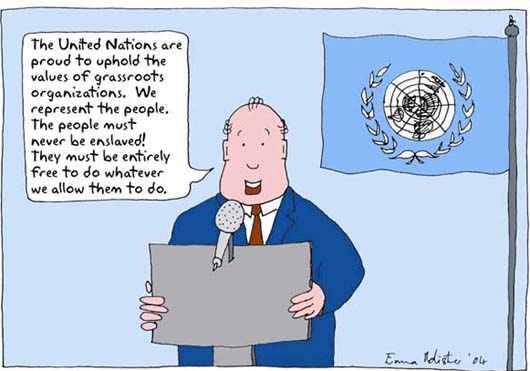
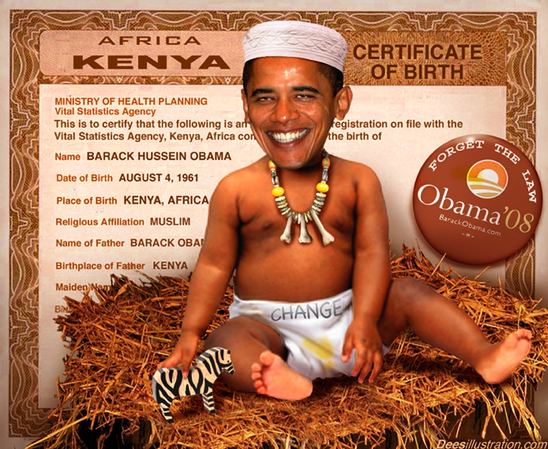
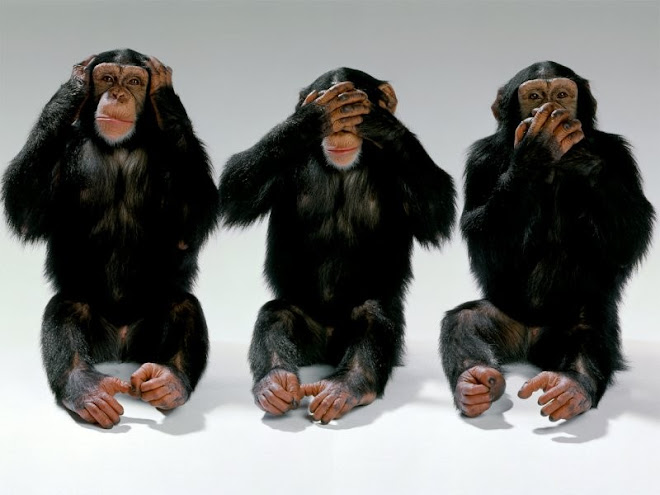






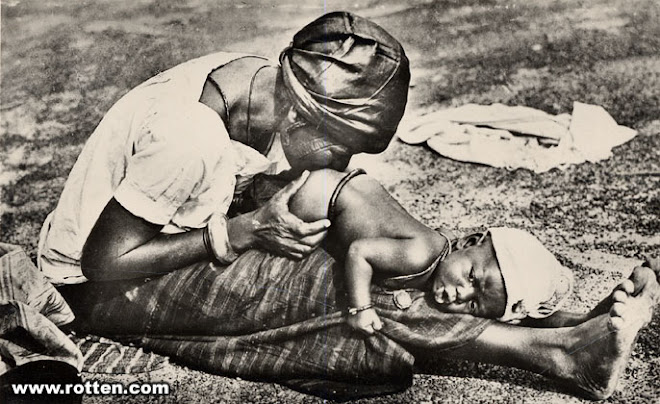

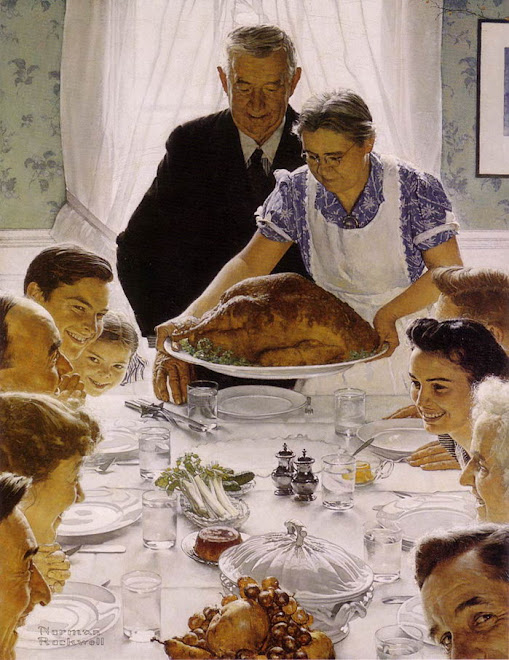

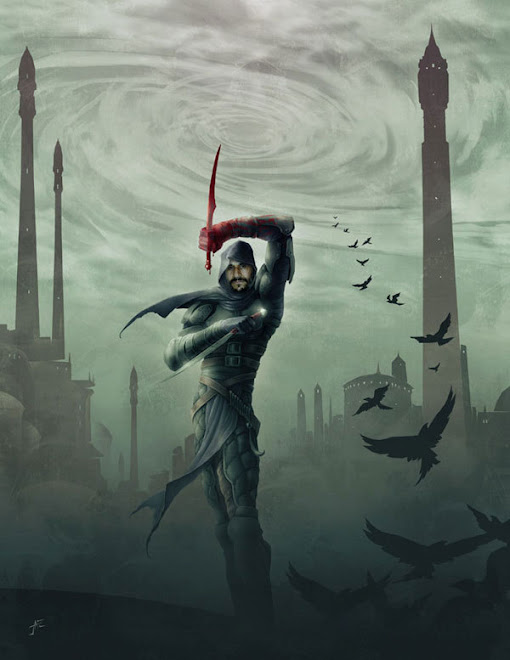


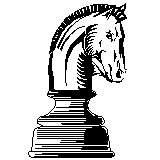

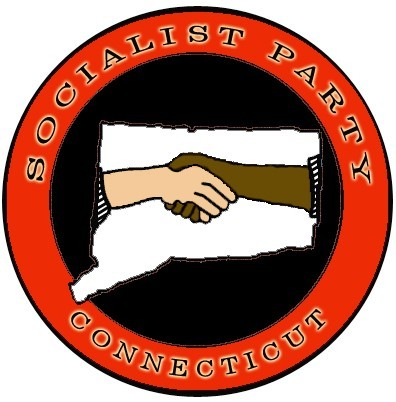






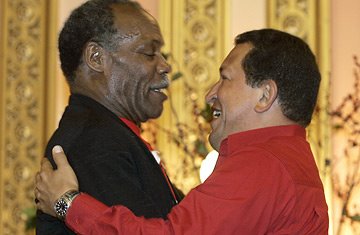

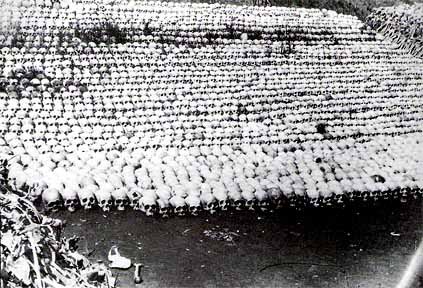
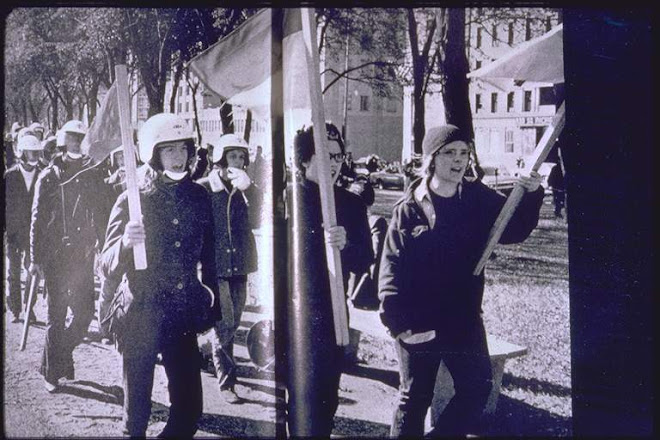
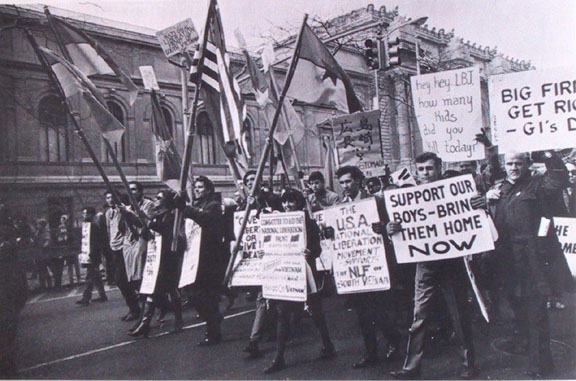
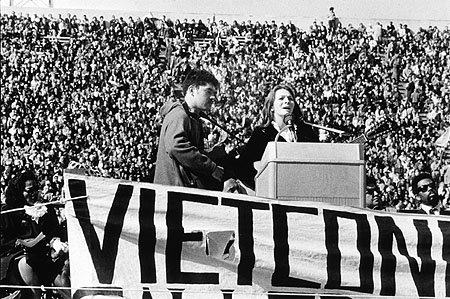


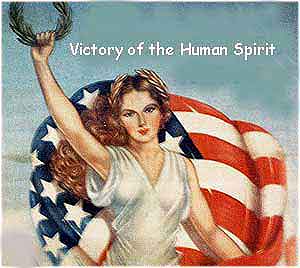
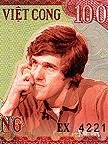
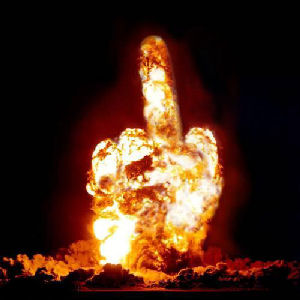
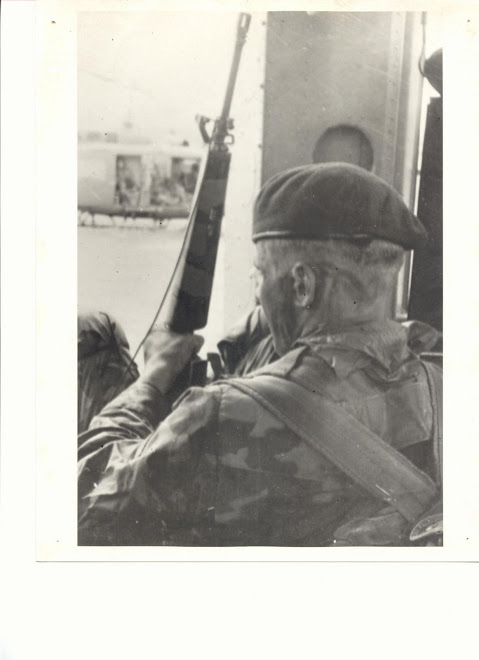
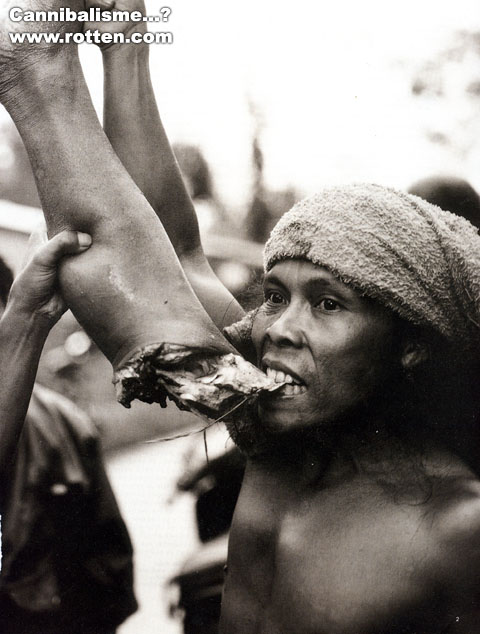


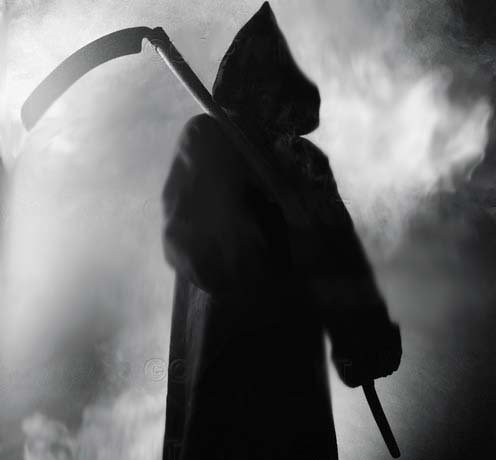

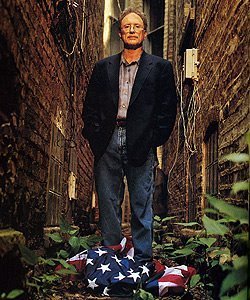




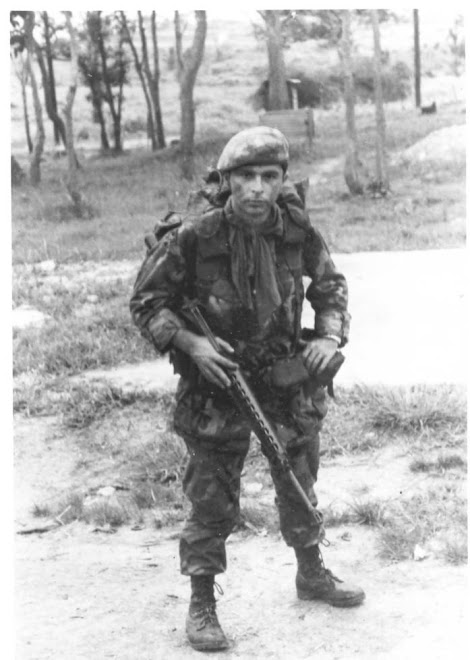
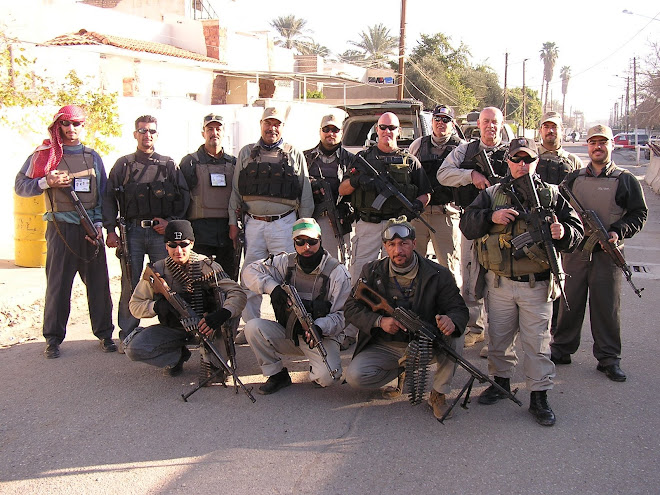
No comments:
Post a Comment